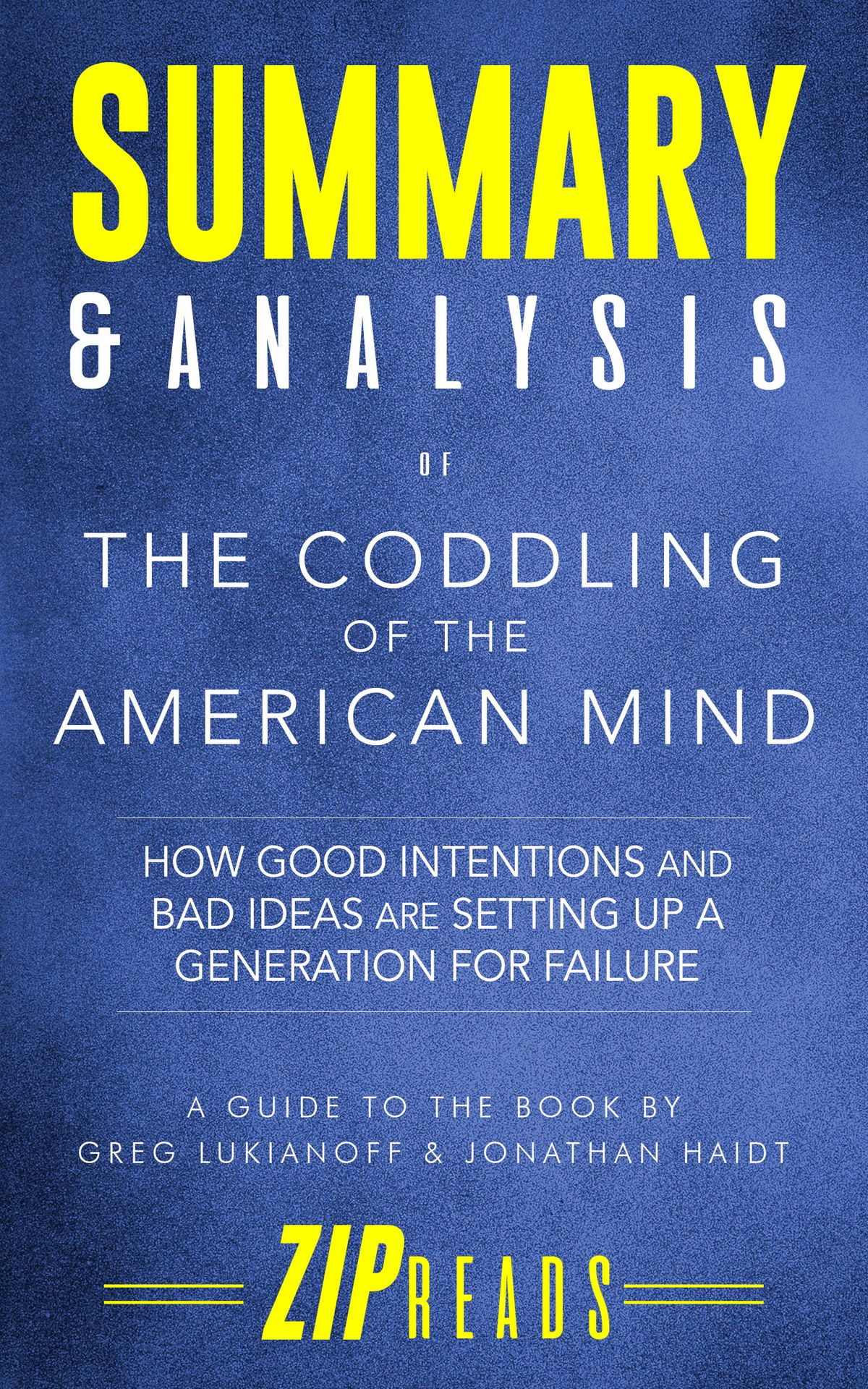

These ‘untruths’, they argue, have been used in parenting and education over the last two to three decades, with the consequences that iGen (or Generation Z) – people born from 1995 onwards, the first generation of people who have grown up in a world in which the internet has been pervasive from the time they were conscious – have internalised them. Lukianoff and Haidt identify the three ‘Great Untruths’: ‘The Untruth of Fragility: What Doesn’t Kill You Makes You Weaker’ ‘The Untruth of Emotional Reasoning: Always Trust Your Feelings’ and ‘The Untruth of Us Versus Them: Life is a Battle Between Good People and Bad People’. Developing their thesis first articulated in an article in The Atlantic, the authors, Greg Lukianoff, a lawyer focusing on the First Amendment and the president of the Foundation for Individual Rights in Education (‘FIRE’), and Jonathan Haidt, a social psychologist, set out to analyse the particular cultural moment in which American universities find themselves. The latest manifestation is The Coddling of the American Mind. Cultural anxiety about what is going on at universities is nothing new. The mind that is being closed or coddled is, in the first instance, the young adult mind in its formative stage – at university.


The American mind must have remained sufficiently open to allow it, three decades hence, to be coddled. In 1987, Allan Bloom published his best-selling book, The Closing of the American Mind.


 0 kommentar(er)
0 kommentar(er)
